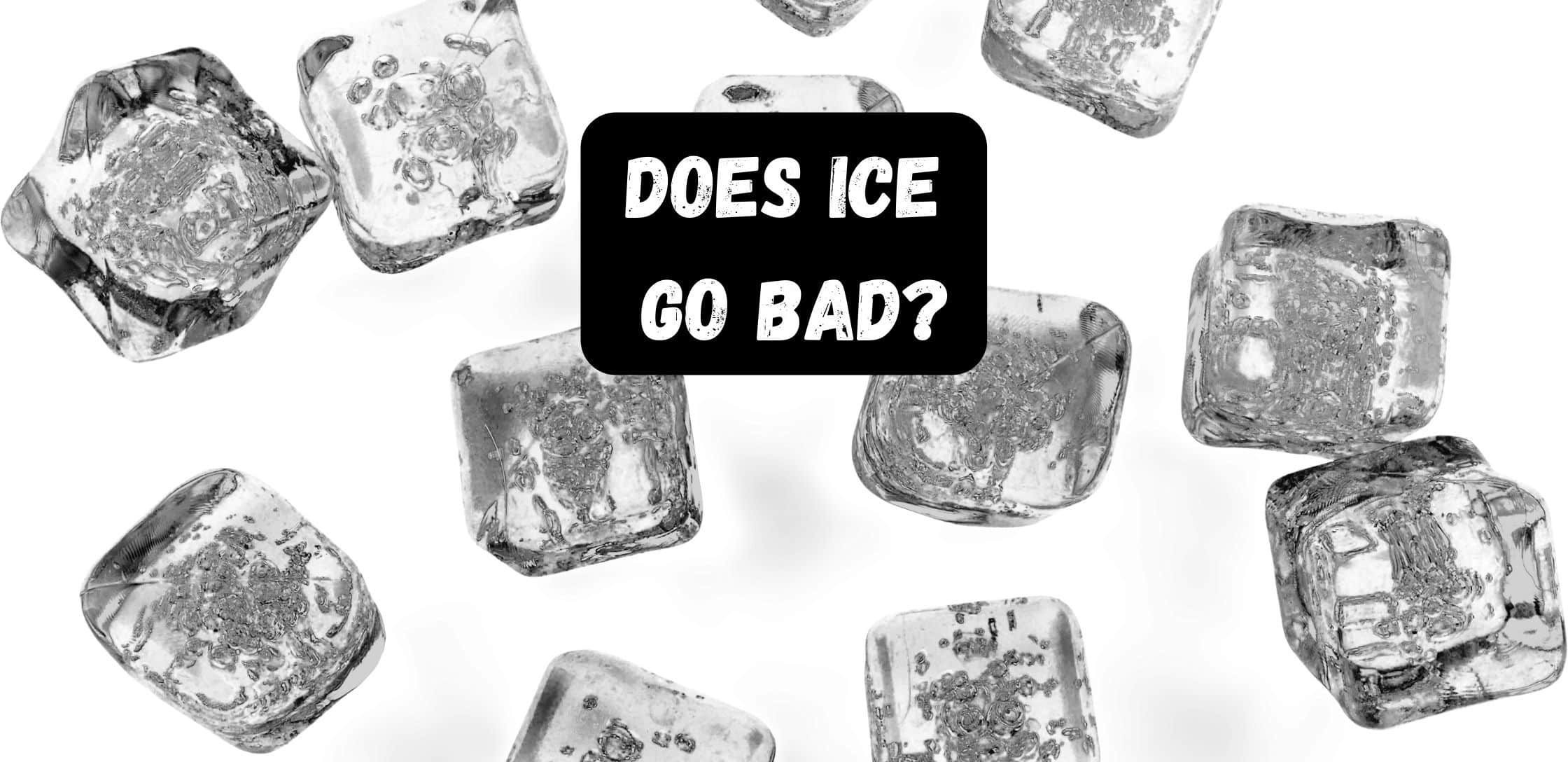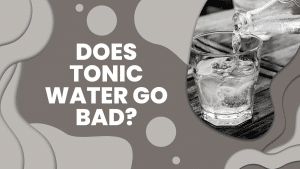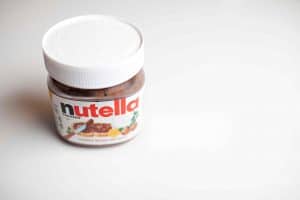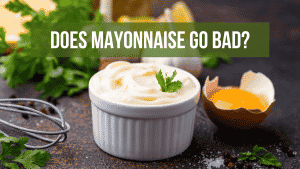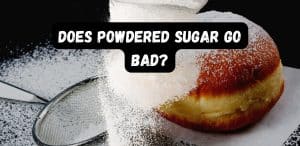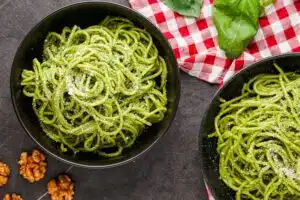Does Ice Go Bad?
Important Note: When you buy through our links, we may earn a commission. As an Amazon Associate we earn from qualifying purchases. Content, pricing, offers and availability are subject to change at any time - more info.
Ice is the most essential ingredient, whether for a glass of chilled cocktail, a highball of your favorite whiskey, or a pitcher of refreshing iced tea or lemonade. No one wants a cold drink to be tepid or watered down, we need it crisp and chilled. Once summer comes around, ice, while usually an overlooked ingredient, steps into the spotlight.
Now, ice is easily and readily available everywhere, including in your own kitchen. Most refrigerators come with their own ice maker, or you can make ice in your freezer; an ice maker or a bag of ice from your local grocery store is also always an option.
As easy as it is and as simple as it is to acquire, have you ever wondered does ice go bad? If you’re planning a summer with pool parties and BBQs and sunny brunches, then you’re going to need ice to keep things cool. So, let’s find out more about if and when the ice goes bad.
Can Ice Go Bad?
Ice is basically water in solid form and water cannot go bad. Water can get contaminated by external factors and the same goes for ice. Ice can get old and ice can get adulterated, so yes, ice can go bad.
How Does Ice Get Contaminated?
Just like water, there are a number of ways that the ice you are using may be contaminated and unusable.
Quality of water:
- Ice is going to get contaminated, the same way the water you drink gets contaminated.
- If the water you use to make ice is not filtered water, those pollutants in the water will compromise the quality of the ice
- Similarly, if the water used is not distilled or has some kind of pollutant in it, or something has mixed in with the water or fallen into it accidentally, then, once frozen the ice carries the same contaminants.
- If the primary source of water supply in your city or town has problematic water due to sulfur, algae, mineral deposits, and other contaminants, then the ice you make from that water is going to have all of the same problems, be it a funny smell, bad taste or some water-borne illness.
Unclean or dirty ice makers and water filters:
- This is the most common way that ice gets spoiled and tastes and smells off.
- Most household refrigerators nowadays come with in-built ice dispensers. And these have water filters in them that filter out the water before making ice. There are two disadvantages to this; one – we cannot see the filter, and therefore don’t know if there is any build-up of pollutants or if the filter itself has become spoiled; and two – the constant presence of moisture in the filters is a breeding ground for bacteria, despite the extremely low temperatures.
- Since the chute or tube that the ice is dispensed out of is also constantly exposed to moisture, there is a higher risk of pathogens and bacteria making their way there and contaminating the ice in the process.
- The stagnant and persistent presence of water will give rise to mold and mildew, which in turn will make your ice also have mold and mildew.
- Cold conditions are not usually conducive to bacteria and other forms of pathogens, the two exceptions are the presence of moisture and food or food particles.
- Refrigerators and ice makers are usually open to the environment on one end, the chute through which the ice or water comes out. And most refrigerators are kept in kitchens, which is why food particles often find their way into these chutes and accumulate there, becoming a breeding ground for mold and bacteria. Salmonella, E. Coli, Norovirus, and Hepatitis A are the most commonly occurring contaminants that spoil ice.
Dirty ice trays:
- Many inexpensive ice trays are made of cheap plastic that degrades over time. Many of them transfer their contaminants to the ice, thus making the ice smell and taste stale.
Unclean freezer or Freezer that doesn’t work properly:
- If your ice tray is kept in a freezer that is dirty, has not been cleaned, and has food spills or any kind of mold or decay then the ice, which has been left exposed to it will also have the same properties.
- The ice will most like taste and smell stale or of the food that it is surrounded by. Consuming stale ice is not going to get you sick, but it is quite unappetizing and will spoil your drink with its unsavory aftertaste.
- Similarly, if your freezer keeps shutting off or breaking down, then the ice in your freezer is going to constantly be thawing and refreezing, not only will this give you a brittle and cracked tray of ice cubes, but the fluctuating temperatures make it easier for contamination to stay and spread.
- Stale air in your freezer will make the ice also stale and smell off. This is most likely caused by open containers of food.
- Also, when making ice if lots of air bubbles get trapped in the water then the ice cube will be more brittle. If there are little to no air bubbles trapped in the water, you will have a denser ice cube.
How To Tell If Your Ice Maker, Freezer, or Ice Dispenser Needs Cleaning:
- The first thing you will notice is a musty, stale, or pungent smell. Firstly, ice should have no smell, unless you have added flavoring, herbs, or spices to it. If the ice you have is emanating any kind of strong smell, it is going to ruin your drink with an unpleasant flavor.
- If you see dark patches or black patches in your ice maker or dispenser, that is mold. You need to throw away the ice and the water that have been dispensed already. Then immediately clean the entire system.
- If the patches in your ice maker or ice dispenser are pink in color, then you have a slime problem. Slime can also be brown, green, or black. Mold and slime are commonly found in any place where there is either stagnant water or is always wet and exposed to moisture.
How To Prevent Contamination of Ice?
- The first thing is to regularly clean your water filter, your ice dispenser, and your ice maker. This is a fairly easy clean-up job, and you only need to do it a few times a year. This small action can prevent you from consuming contaminated water and ice.
- Instead of freezing ice in an open tray, you can use ice molds or closed ice-cube trays. This can prevent cross-contamination.
- Once you have your ice, you can store it in a freezer-safe airtight bag or pouch. This will completely keep all air and moisture away, besides also preventing external smells from contaminating the ice.
- If you have a faulty freezer or ice maker, discard all the ice from it and do not use it,
Ice, like water, will get old and can go bad through contamination. If you take some simple precautionary steps, you can have a fresh tasting and smelling ice that can really up your drink game.
